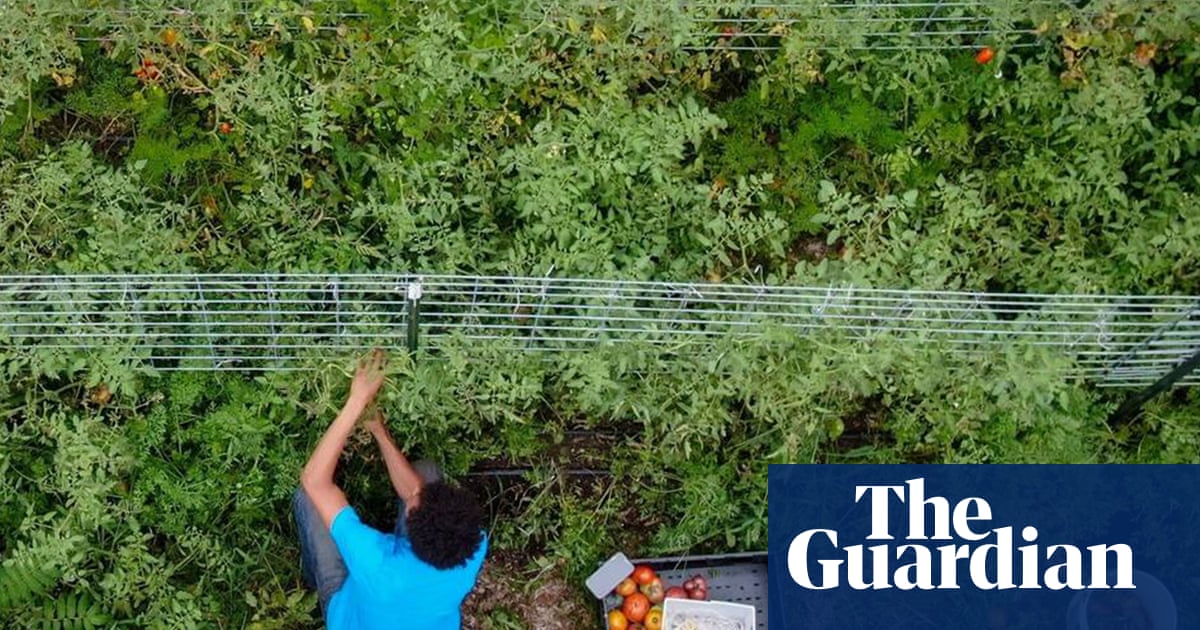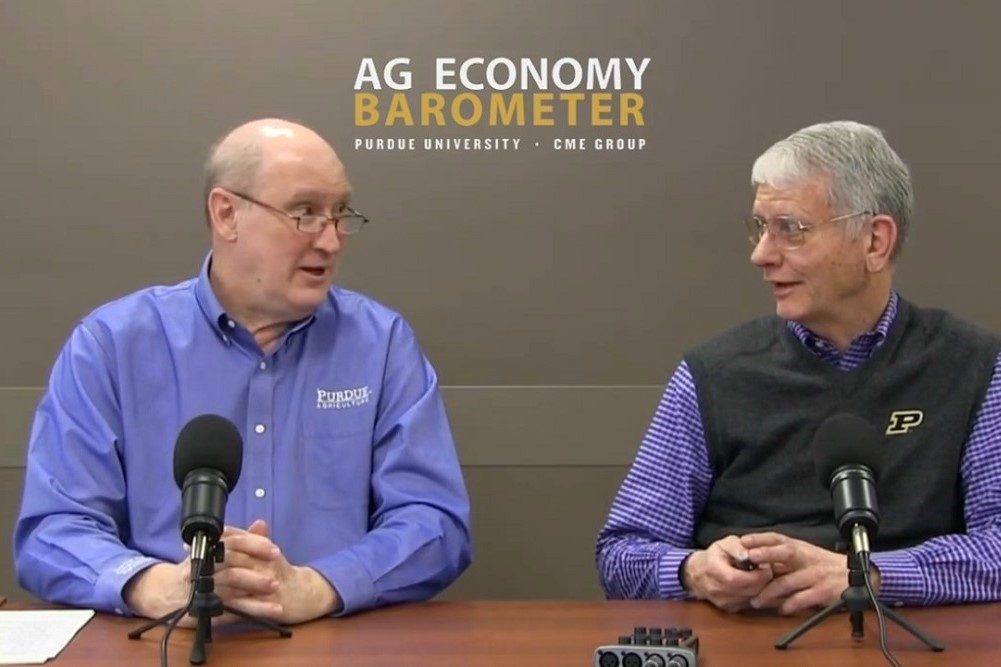Tommy Tainant
Diamond Member

Trump tariffs to hit small farms in Maga heartlands hardest, analysis predicts
Major corporations are best placed to benefit from Trump polices at the expense of independent farmers
Its good that maga farmers will feel the worst of trumps tariff nonsense.
But its not good that farm bankruptcies will see consolidation of the sector into large corporate agribusiness.
I doubt even the frothiest maga voted for that.
Its also good that team trump is working on a bail out package. But this will likely benefit the donor class rather than the small farmer.
Farm bankruptcies surged by 24% from 2018 to 2019 – the highest number in almost a decade – as retaliatory tariffs cost US farmers a staggering $27bn.
Im sure it will be ok this time.

